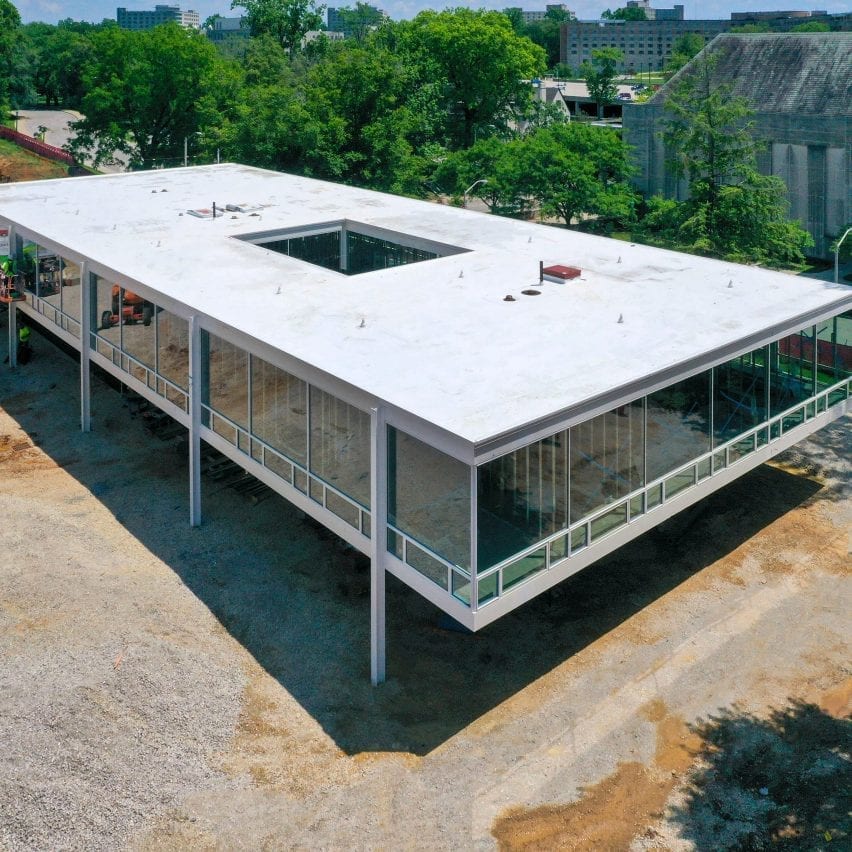
As a building by Mies van der Rohe nears completion in Indiana, we explore five buildings by renowned 20th-century architects such as Le Corbusier and Frank Lloyd Wright that weren't built until years after they died.
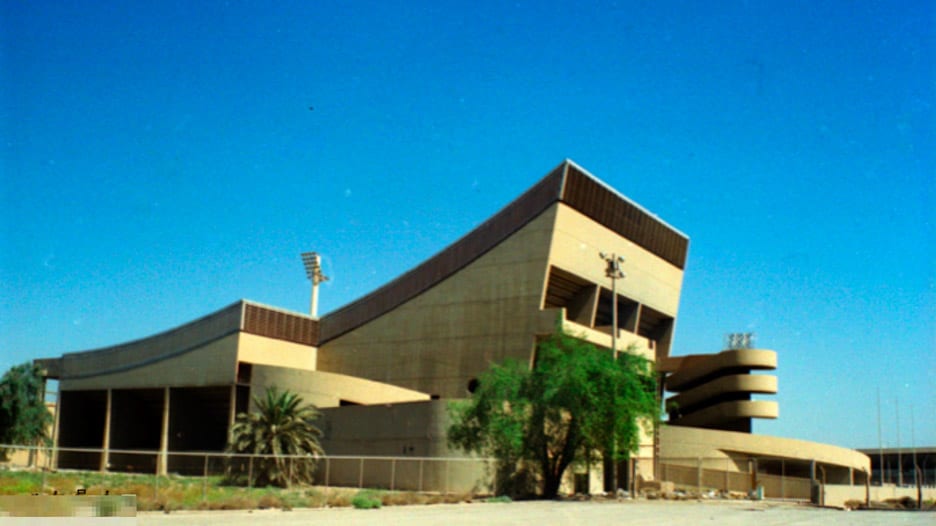
Baghdad Gymnasium in Baghdad, Iraq, by Le Corbusier
When French architect Le Corbusier, one of the 20th-century's most influential architects, died in 1965 he left behind the plans for a concrete sports centre for the Iraqi capital.
Originally commissioned in 1956 by King Faisal II for the 1960 Summer Olympics, plans were derailed by the 1958 military coup that overthrew the monarchy. Construction on the project began in 1978 under president Saddam Hussein and the sports complex with its 3,000-seat stadium opened in 1980, 15 years after Le Corbusier's passing.
Find out more about Le Corbusier ›
Four Freedoms Park in New York, USA, by Louis Kahn
American architect Louis Kahn designed a park to commemorate US president Franklin D. Roosevelt in 1974, but it didn't open to the public until 2012 – almost 40 years after Kahn's death.
Kahn, known for his brutalist style, died the same year shortly after designing the park, which languished for decades due to funding issues. Located at the southern tip of Roosevelt Island, the triangular park features rows of trees and a granite monument framing a bust of Roosevelt.
Find out more about Four Freedoms Park ›
Massaro House in New York State, USA, by Frank Lloyd Wright
American architect Frank Lloyd Wright drew up the designs for this house on a private island in a lake in 1950, but it was never realised due to lack of funding. The renowned architect died and the house wasn't built until over 50 years later.
Steel magnate Joseph Massaro bought Petra Island in 1991, obtained the blueprints and built the house as a summer residence. The Frank Lloyd Wright Foundation, however, refuses to recognise it and even sued the owner when he tried to sell it as an original Lloyd Wright.
Find out more about Massaro House ›
House for an Art Lover in Glasgow, UK, by Charles Rennie Mackintosh
Scottish architect Charles Rennie Mackintosh and his wife Margaret Macdonald designed House for an Art Lover in 1901 for a competition run by a German design magazine. Their entry was rejected for failing to include perspective drawings of the interior but the organiser of the competition eventually published the designs.
In 1989, engineer Graham Roxburgh collaborated with a team of architects to realise the house in Bellahouston Park, Glasgow. The recession hindered construction, but the house finally opened to the public in 1996 – 68 years after Mackintosh's death in 1928.
Find out more about House for an Art Lover ›
German-American architect Ludwig Mies van der Rohe drew up the designs for a building on the University of Indiana (IU) campus in 1952, but the project was forgotten until IU alumni Sidney Eskenazi alerted the university's president to the plans.
Mies van der Rohe designed the facility while working on his famous Farnsworth House, and it shares many design elements including the white frame and perimeter glazing. The two-story building is now under construction on IU's Bloomington Campus and will open later in 2021, 52 years after his death in 1969.
Find out more about Mies Building for the Eskenazi School of Art, Architecture + Design ›
The photograph of Baghdad Gymnasium is by Nicoleon via Wikimedia Commons.
The post Five buildings by famous 20th-century architects realised decades after their deaths appeared first on Dezeen.
from Dezeen https://ift.tt/3hsckae
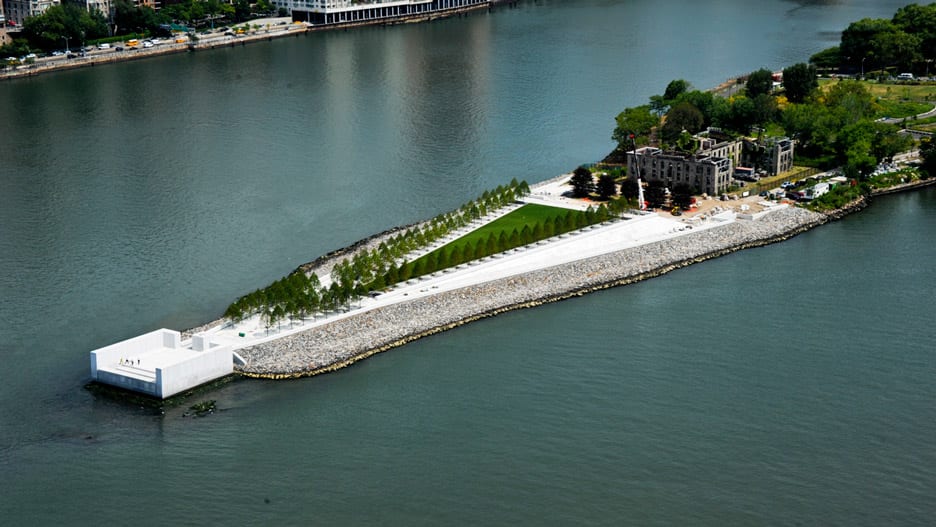
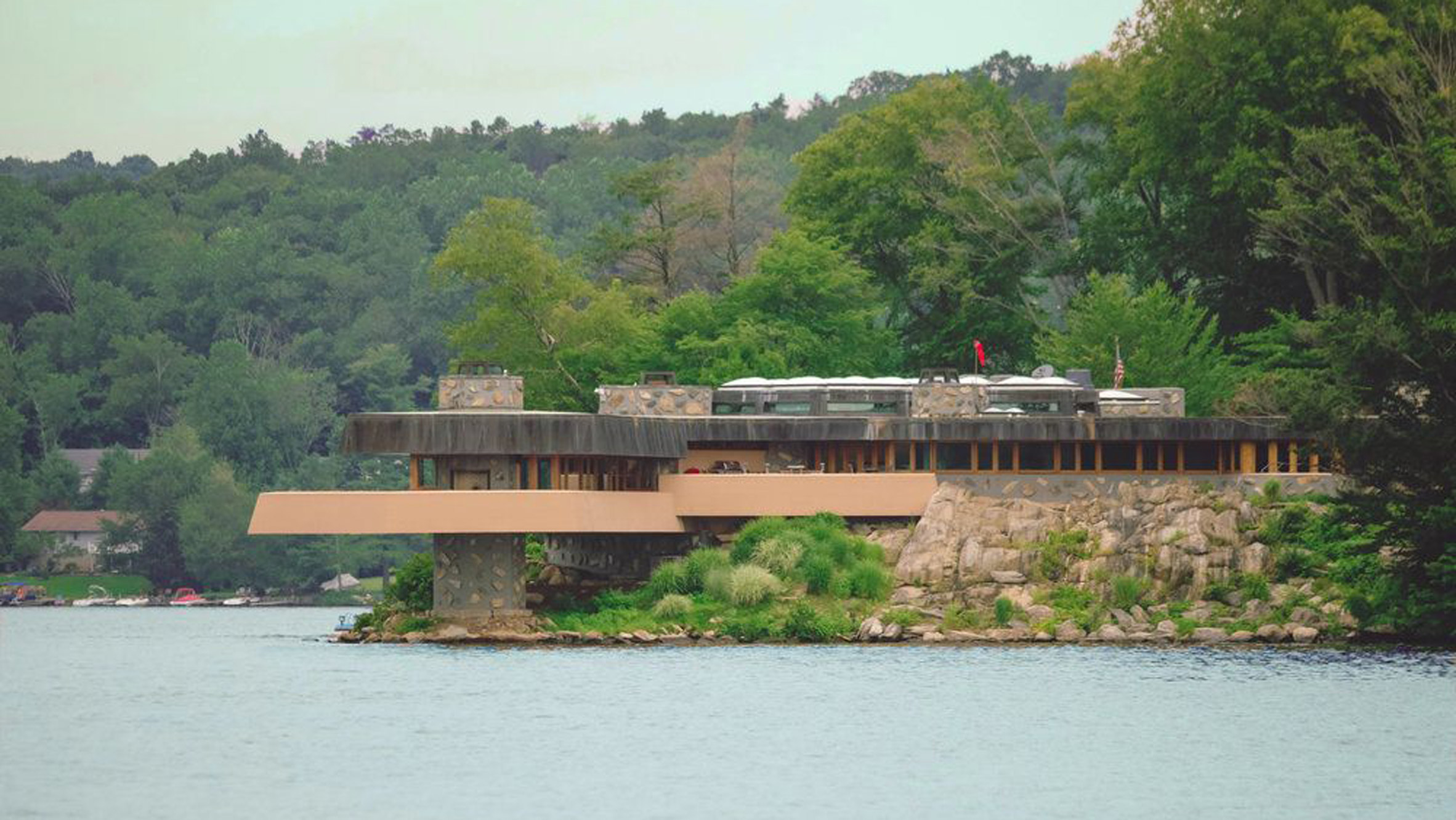
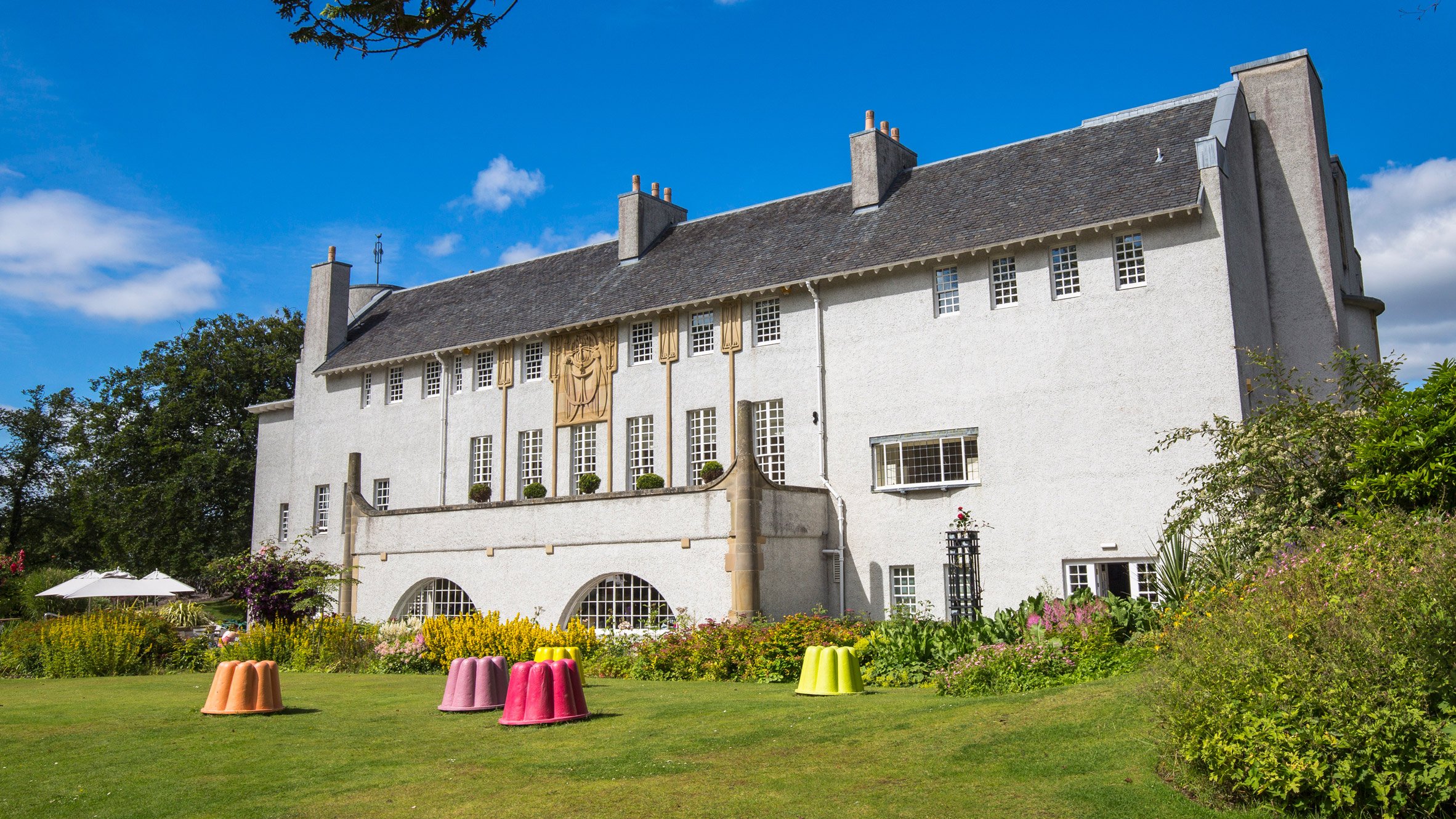
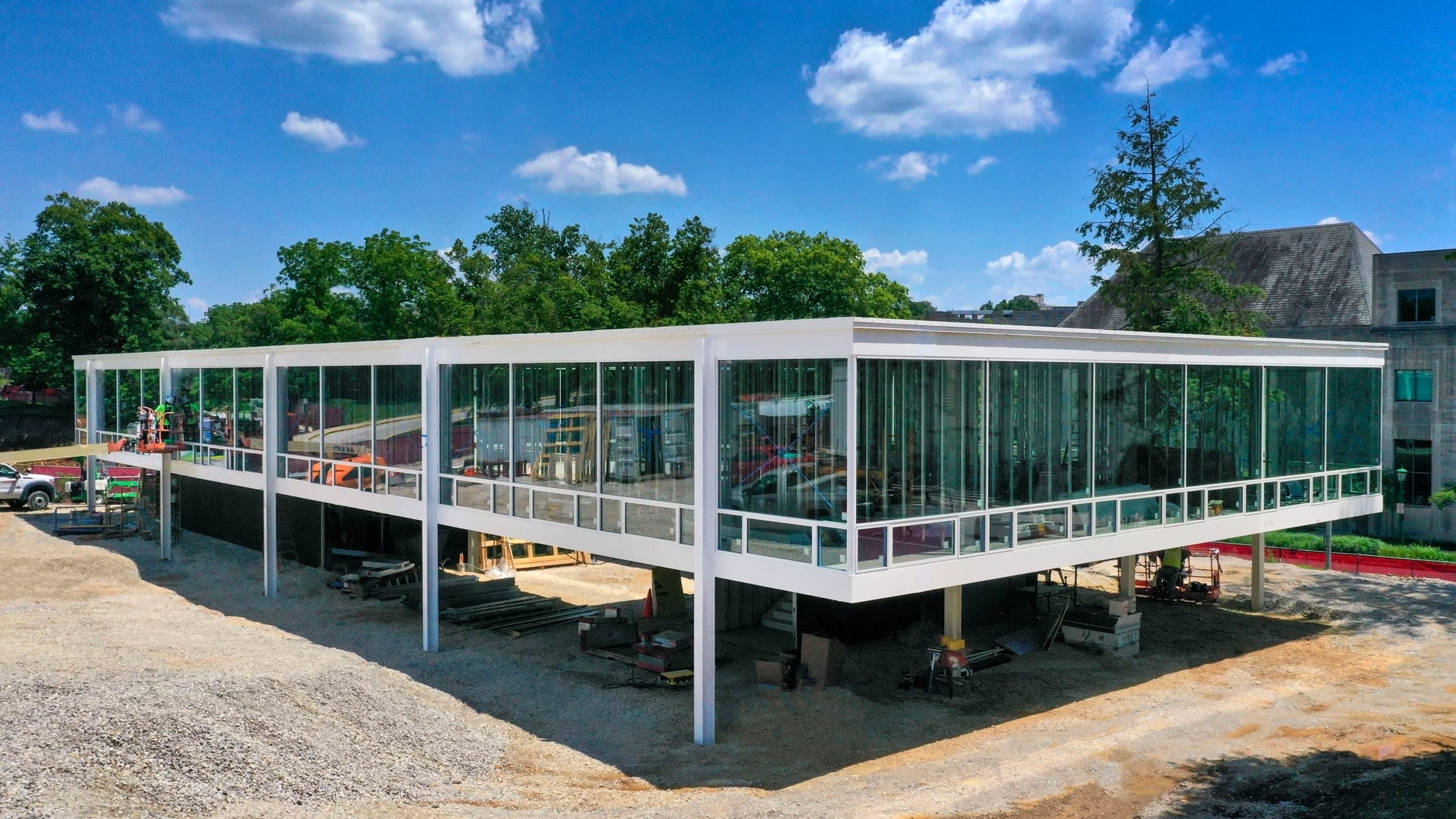
No comments:
Post a Comment